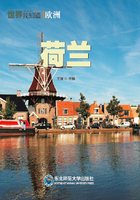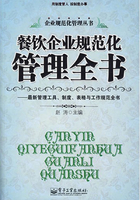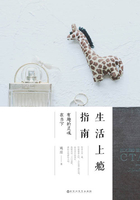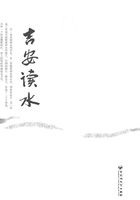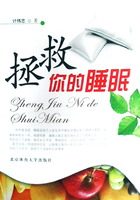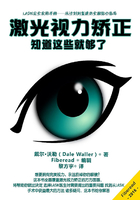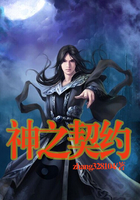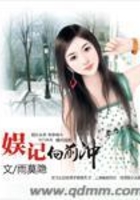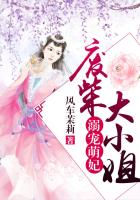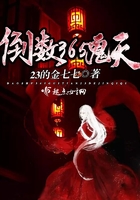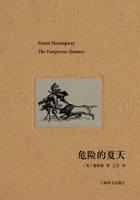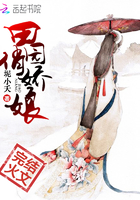我国是一个多民族的国家,有许多别具一格、绚丽多彩的节日。人们在不同的地方用不同的方式庆祝自己的节日,民间传统节日已成为民族风俗习惯的重要组成部分。本篇介绍部分传统节日的特点和风俗习惯。
1.什么是阳历和阴历?
What are the solar calendar and the lunar calendar?
Since ancient times, Chinese people have adopted over a hundred kinds of calendars. The most widely observed are the yang li and the yin li. The former is the solar or Gregorian calendar that is now in use in various countries, including China. In English, yin li means“the lunar or agricultural calendar.”It has been used in China since the Xia Dynasty for about three or four thousand years. Yin li actually contains a mixture of solar and lunar elements. The length of time of the rotation of the moon is counted as a month. There are 12 months in a year of 354 days, 13 months in a leap year of 384 days. In ancient China, the year was divided into 24 solar periods (24节气), each of which is marked by three climatic signs. Those periods are directly related to farming and have been observed for several thousand years. Currently Chinese use the lunar calendar for the scheduling of holidays such as Chinese New Year (the Spring Festival), the Mid-Autumn Festival, and for divination, including choosing the most auspicious date for a wedding or the grand opening of an important building.
Notes:1)solar太阳的;2)Gregorian calendar公历;3)rotation循环;4)a leap year闰年
2.什么是春节?
What is the Spring Festival?
The Spring Festival, the Lunar New Year, is the most important traditional national festival in China. It is called nian (年) or xinnian (新年, New Year) in Chinese. As originally written, the Chinese character nian means“harvest.”The Spring Festival always falls sometime before or after lichun (立春, the beginning of Spring).
The celebration of the Spring Festival is more or less similar across the country. People set off firecrackers, which enliven the festival and bring great joy to people, especially to children. Chunlian (春联) are spring couplets posted on gates during the Spring Festival. They contain auspicious words such as,“The Best of Things and the Treasures of Heaven”;“Days of Peace, Year In, Year Out”;“A Spring of Good Fortune, This Year, and Every Year.”In addition, New Year pictures are a unique part of the New Year celebrations. Today, farmers and citizens in small towns still keep the customs of posting these on their doors or on the walls inside their rooms.
During the Spring Festival, the Chinese people eat a lot of good food. In North China, the most popular food is jiaozi (饺子), or dumplings. In South China, for breakfast on New Year’s Day, round rice glutinous dumplings are served to signify family reunion.
On the eve of the Spring Festival, it is a folk custom to stay up late or all night, praying for peace in the coming year. That night every house is brightly lit in the hope that anything that might bring people bad fortune will disappear under the dazzling light. New year is ushered in at midnight, 12 o’clock sharp. On that day, everybody, men and women, old and young, puts on new clothes. When the younger generation extend their New Year greetings to their seniors, the latter give them money wrapped in red paper that is called yasuiqian (压岁钱, money to keep for the year). On the second day, after breakfast, there are exchanges of visits between friends and relatives who bring each other New Year cakes, oranges, tangerines, and crunchy candies as gifts. All in all, everyday from New Year’s Eve to the fifteenth day of the first month, there are various entertainments. Lion dances and drum and gong contests are grand events in the New Year celebrations, especially in the countryside. Wedding ceremonies also abound in cities and villages throughout the land at this time.
Notes:1)originally起初;2)enliven使活跃;3)auspicious吉利的;4)dazzling耀眼的;5)seniors年长的;6)tangerine橘子;7)crunchy易碎的
3.放鞭炮的由来是什么?
What is the origin of setting off firecrackers?
Setting off firecrackers is a practice handed down from the remote past. It is related with burning bamboo stems. Bamboo stems have joints and are hollow inside. When they are burnt, the air inside expands after being heated, and the stems themselves burst open and make a loud cracking sound. Later on, people placed gunpowder in the bamboo stems and thus invented firecrackers. Still later, paper rolls replaced bamboo stems. By the close of the Qing Dynasty, there had been already special workshops in China making all kinds of firecrackers.
At first, people set off firecrackers for the purpose of keeping away evil spirits and seeking happiness. Legend has it that there was a strange savage beast whose body looked like a human being and who hid itself in remote mountains.
Toward the end of every year, it would come out to kill people and animals. However, the beast was afraid of light and noise. Whenever it heard the noise of firecrackers, the beast was so scared that it ran away. Therefore, at the beginning and end of every year, people set off firecrackers in order not to be disturbed by the beast.
Recently local regulations have been issued to forbid setting off firecrackers in cities, for they can cause fire accidents and hurt people. Despite these regulations, however, many citizens go out into the countryside to light firecrackers for the New Year celebration.
Notes:1)stem茎;2)hollow空的;3)cracking爆裂的;4)sa-vage凶猛的
4.春联是怎样产生的?
What is the origin of spring couplets?
Chunlian (春联) are couplets posted on gates during the Spring Festival. These originated from the“peach-wood charms”in the ancient times, which were meant to send off the old and usher in the new. These charms were tiny rectangular plates and made of peach-wood. In the Song Dynasty, paper came to be used instead of wood plates for writing spring couplets, and in the Ming Dynasty, encouraged by Emperor Taizu (太祖), spring couplets came to be greatly vogue. On one New Year day after he made Nanjing as his capital, Taizu issued an imperial decree requiring all officials, scholars and common people to paste a pair of couplets on their gates. As he traveled around, he was pleased to see these colorful spring couplets.


